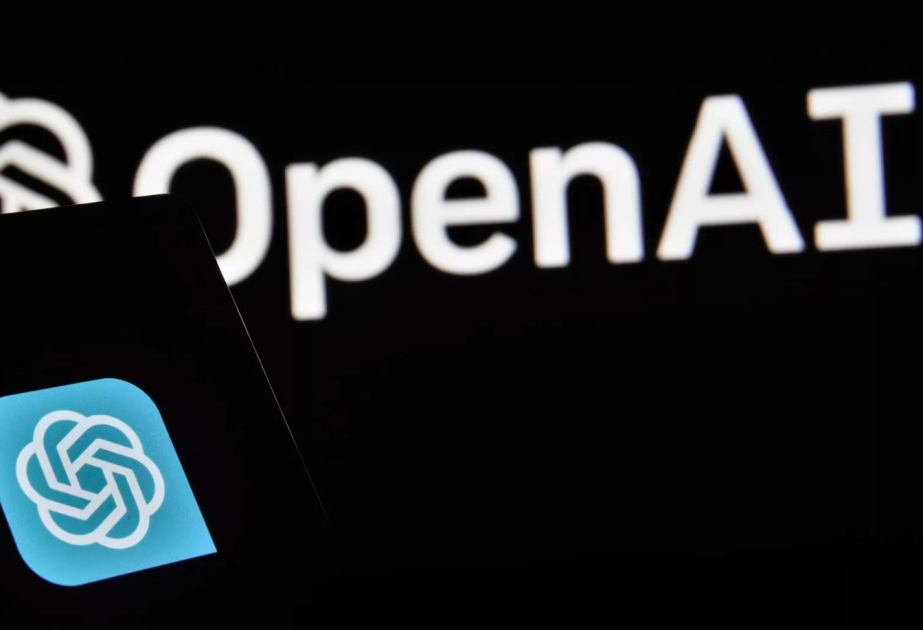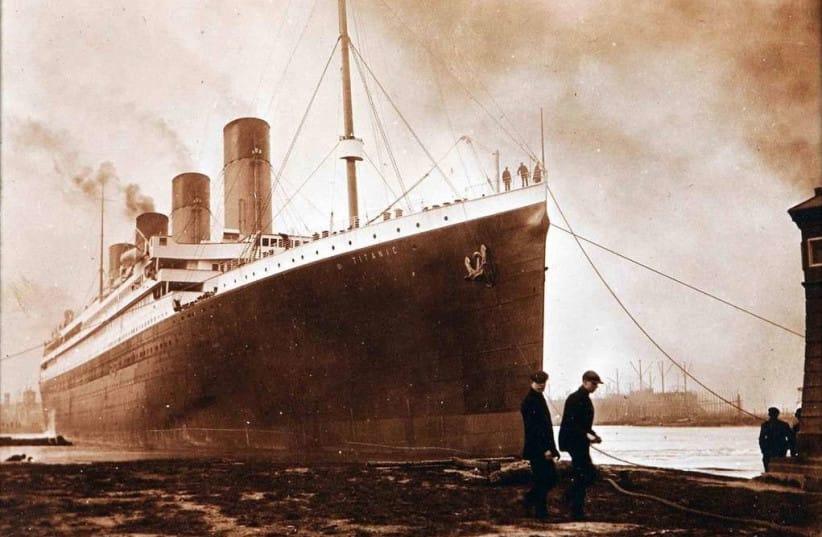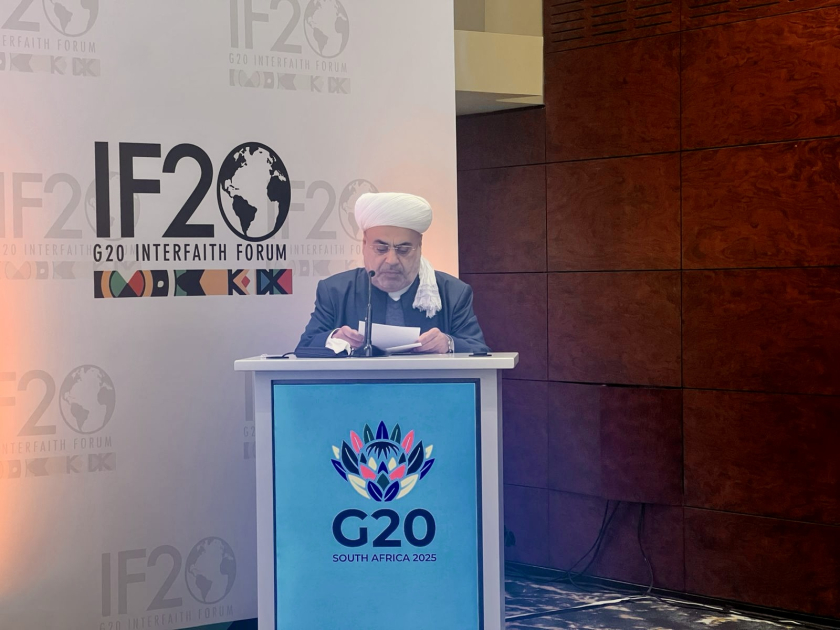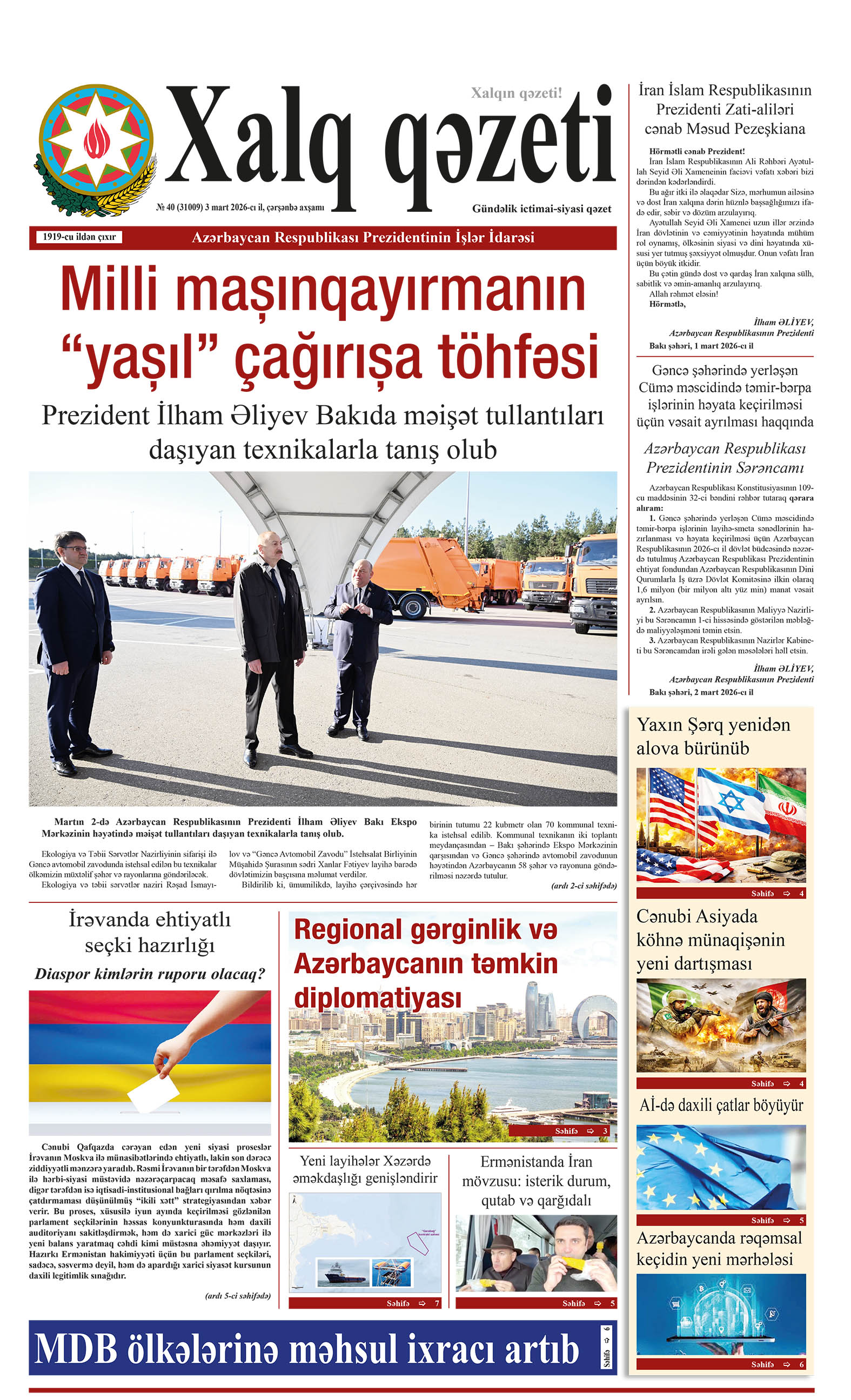The growth of artificial intelligence will exacerbate a looming shortage of copper, a metal vital for the clean energy transition, miner BHP has warned.
The rise of data centres and AI, which requires more energy-intensive computing, could boost global copper demand by 3.4mn tonnes a year by 2050, BHP’s chief financial officer Vandita Pant told the Financial Times.
“Today, data centres are less than 1 per cent of copper demand, but that is expected to be 6 to 7 per cent by 2050,” she said. “There is a lot of copper in data centres.”
BHP, the world’s largest mining company by market capitalisation, expects global copper demand will rise to 52.5mn tonnes a year by 2050, up from 30.4mn tonnes in 2021 — a 72 per cent increase. AI is reshaping energy systems as well as demand for commodities around the world. The expectation of a shortfall of copper has triggered a race to secure access to mines, including BHP’s unsuccessful £39bn bid for London-listed Anglo American earlier this year.
In July BHP, along with Canada’s Lundin Mining, paid $3bn to acquire exploration company Filo, whose assets include copper prospects. Copper is used in a range of industries and products needed to meet net zero targets, including power cables, electric vehicles and solar farms. Many analysts expect a global copper shortfall in the medium to long term. Data centres are expected to exacerbate this shortage in the shift to accommodate AI applications, which use more energy-intensive chips and increase energy needs.
“Data centres themselves are becoming incrementally less copper intensive, but getting the electricity to them, that is copper intensive,” said Colin Hamilton, commodities analyst at BMO Capital Markets.
Copper is used not only to supply power to data centres but also in the cooling systems and to connect processors in the centre. However, others caution that long-term forecasts for copper in data centres are highly uncertain.
“We are trying to predict the future of a market that we don’t really know that much about,” said one analyst. “We are at the dawn of AI, so how much AI will the world be using in 2050? We don’t have any idea.”
Weak demand in China has weighed on copper prices this year, which are trading at about $9,207 a tonne, 15 per cent lower than their peak in May. The copper market is in surplus this year due to poor demand, and that will continue next year as well, according to BHP forecasts, before reversing towards the end of this decade.
The company warned in August that rising demand for copper “in the final third of the 2020s” could lead to a “fly-up” pricing regime as demand outpaces supply.



















